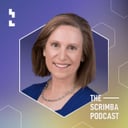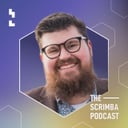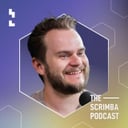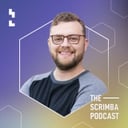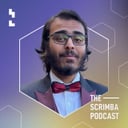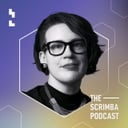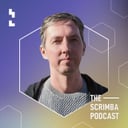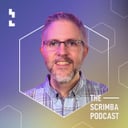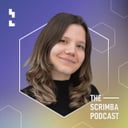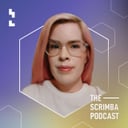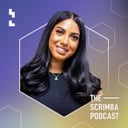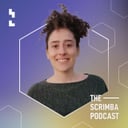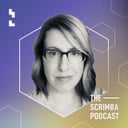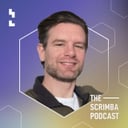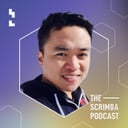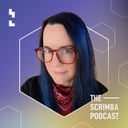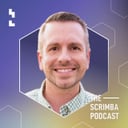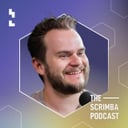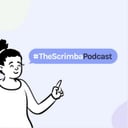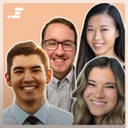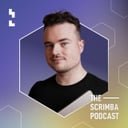
End of Season One, and a Message from Alex Booker
So this is goodbye. But do not unsubscribe!It's the end of what will now be known as Season One of the Scrimba podcast! And Alex Booker is stepping down as its host.Over the past 160+ episodes, we have helped you learn to code and land your first job in tech. If you've missed any episodes, now is the time to go and listen to them. If you're new to the show, just start listening from the very beginning! The archive isn't going anywhere, and we aimed to create an evergreen podcast where you can find useful takeaways and inspiring stories for years to come.Stay tuned for Season Two! And in the meantime, browse through our past shows, or:🔗 Connect with Alex👨💼 LinkedIn🐤 Twitter👋 Say hi to Jan The Producer👨💼 LinkedIn🐤 Twitter🌐 Personal WebsiteSee you :)

End of Season One, and a Message from Alex Booker
So this is goodbye. But do not unsubscribe!It's the end of what will now be known as Season One of the Scrimba podcast! And Alex Booker is stepping down as its host.Over the past 160+ episodes, we have helped you learn to code and land your first job in tech. If you've missed any episodes, now is the time to go and listen to them. If you're new to the show, just start listening from the very beginning! The archive isn't going anywhere, and we aimed to create an evergreen podcast where you can find useful takeaways and inspiring stories for years to come.Stay tuned for Season Two! And in the meantime, browse through our past shows, or:🔗 Connect with Alex👨💼 LinkedIn🐤 Twitter👋 Say hi to Jan The Producer👨💼 LinkedIn🐤 Twitter🌐 Personal WebsiteSee you :)

